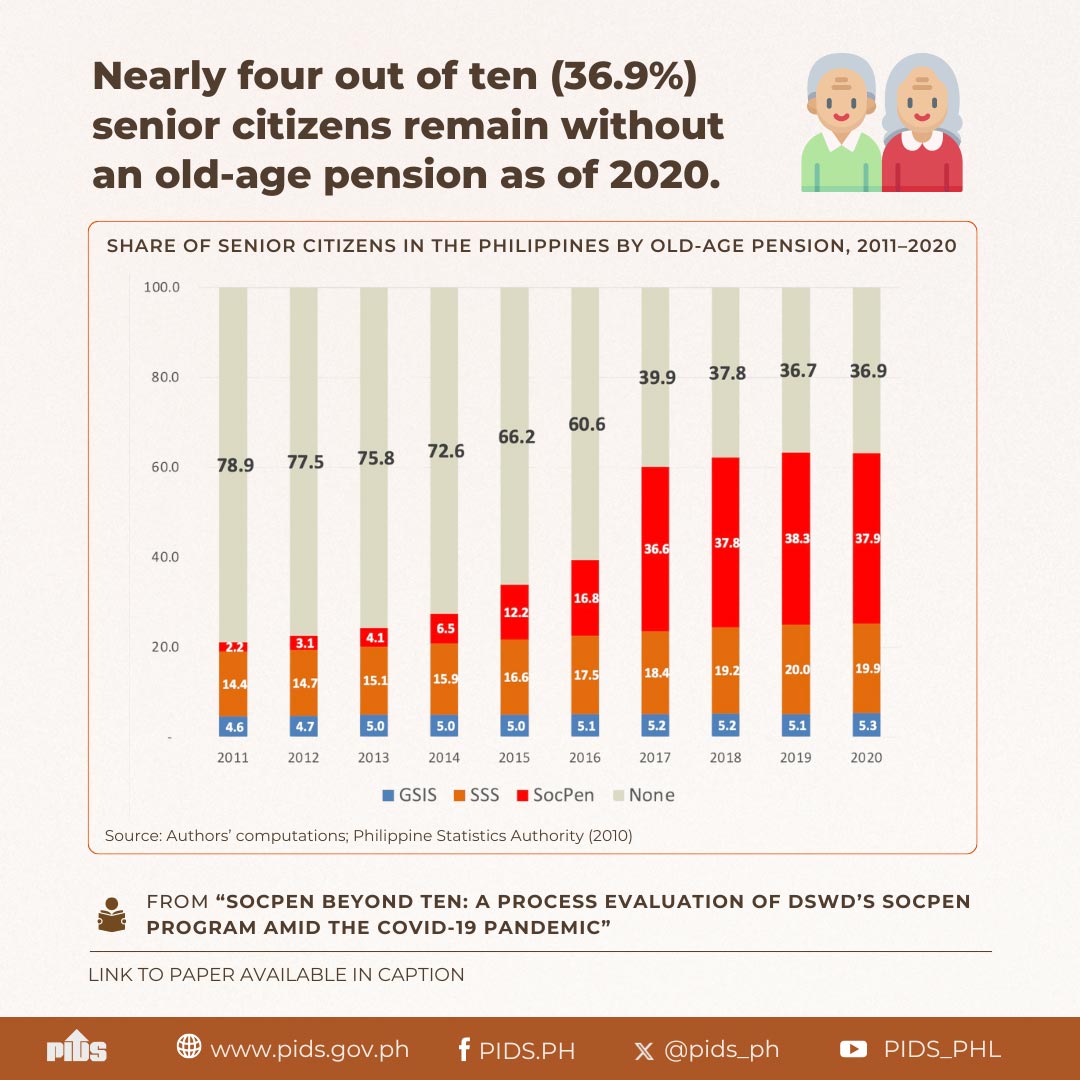While the trend of unemployment has been going down, many Filipino workers continue to face challenges in a global economy that has become increasingly uncertain.
A December 2024 report by the International Monetary Fund (IMF) says 14 percent of jobs in the Philippines are “low-complementarity jobs” or jobs at risk of being replaced by artificial intelligence (AI) while more than 50 percnt are considered “highly complementary” meaning that AI can assist in certain tasks but not entirely replace.
Meanwhile, a 2024 study by the Philippine Institute of Development Studies noted that some 29 percent of Filipino workers lack the necessary skills for in-demand jobs.
The Makati Business Club (MBC) lauds the passage of the Enterprise-Based Education and Training (EBET) Framework Act which can help reskill and upskill thousands of Filipino workers.
No one gets left behind
However, the government needs to continue its efforts in ensuring that no Filipino worker gets left behind the increasing growth of AI adaptation.
The Makati Business Club also advocates for the passage of the Lifelong Learning Development Framework Act in the upcoming 20th Congress. We believe this reform will contribute to creating a more skilled and competitive Filipino workforce.
The MBC would also like to flag the possible effects of the 17 percent tariff imposed by the government of the United States on the Philippines on skilled Filipino workers employed in export sectors, especially in electronics.
Other recent policies of the US government may also impact the jobs of overseas Filipino workers hence, we urge the government to look into ensuring that skills training and jobs are provided those displaced from their jobs abroad.
MBC continues to advocate and offer its support to the government towards a strong and skilled labor force, as well as inclusive and accessible skills training programs.












